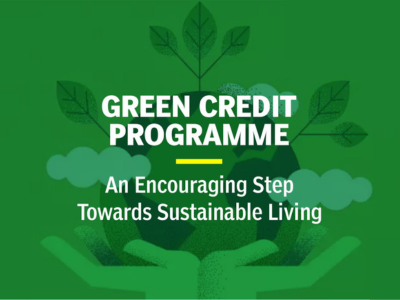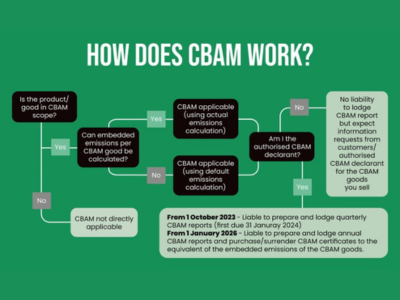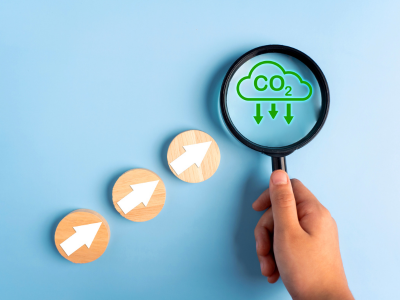In the dynamic landscape of international trade, India is navigating the profound implications of the EU’s Carbon Border Adjustment Mechanism (CBAM) with strategic foresight and an emphasis on sustainability. Finance Minister Nirmala Sitharaman’s visionary approach, calling for inclusivity in global environmental policies, sets the tone for a comprehensive strategy that leverages Environmental, Social, and Governance (ESG) practices to address Scope 3 emissions linked to employees.
Finance Minister Sitharaman’s Call for Inclusivity
Minister Sitharaman has been a vocal proponent of a global environmental strategy that avoids disadvantaging developing nations. Her concerns about the imposition of a border adjustment tax by developed nations to fund green commitments highlight the need for a morally sound, collective approach. In response, India is turning to its burgeoning ESG industry as a key player in this collective effort.
Reducing Scope 3 Emissions: A Strategic Imperative
Scope 3 emissions, encompassing indirect emissions in a company’s value chain, take center stage under CBAM. Indian companies embracing ESG practices are proactively engaging with these emissions, employing innovative strategies to reduce their carbon footprint. This not only aligns with CBAM objectives but positions these companies as leaders in sustainable business practices.
Innovation and Technology: The Driving Force
India’s response to CBAM hinges on the innovative use of technology. Companies are investing in solutions that measure, analyze, and actively reduce emissions. Transportation management, waste reduction, and energy-efficient operations are areas where technology becomes instrumental in achieving sustainability goals. The ESG industry is driving the adoption of these technologies, promoting a shift towards sustainable practices.
ESG Industry’s Role in Policy Compliance
As India grapples with CBAM, the ESG industry acts as a guide and facilitator, ensuring that companies not only reduce emissions but also meet rigorous reporting standards. The industry’s expertise becomes invaluable in aligning corporate practices with the dynamic requirements of CBAM and other climate-related regulations.
Unlocking Financial Pathways through Green Financing
Simultaneously, the ESG industry in India is pioneering green financing mechanisms. Green bonds and sustainable investment strategies are gaining traction, providing companies with the capital needed to invest in sustainable practices. This financial support aids in CBAM compliance and propels India towards a greener economy.
A Holistic Approach: India’s ESG Vision
India’s response to CBAM reflects a holistic approach. By integrating ESG principles, addressing Scope 3 emissions, leveraging technology, and embracing innovative financing, the nation is not merely complying with international standards but actively shaping a sustainable future.
In conclusion, as the world shifts towards sustainable practices, India, through its robust ESG industry, is poised to emerge as a leader in navigating the challenges posed by CBAM. The convergence of policy, innovation, and technology paints a promising picture of a sustainable and competitive Indian economy on the global stage.




